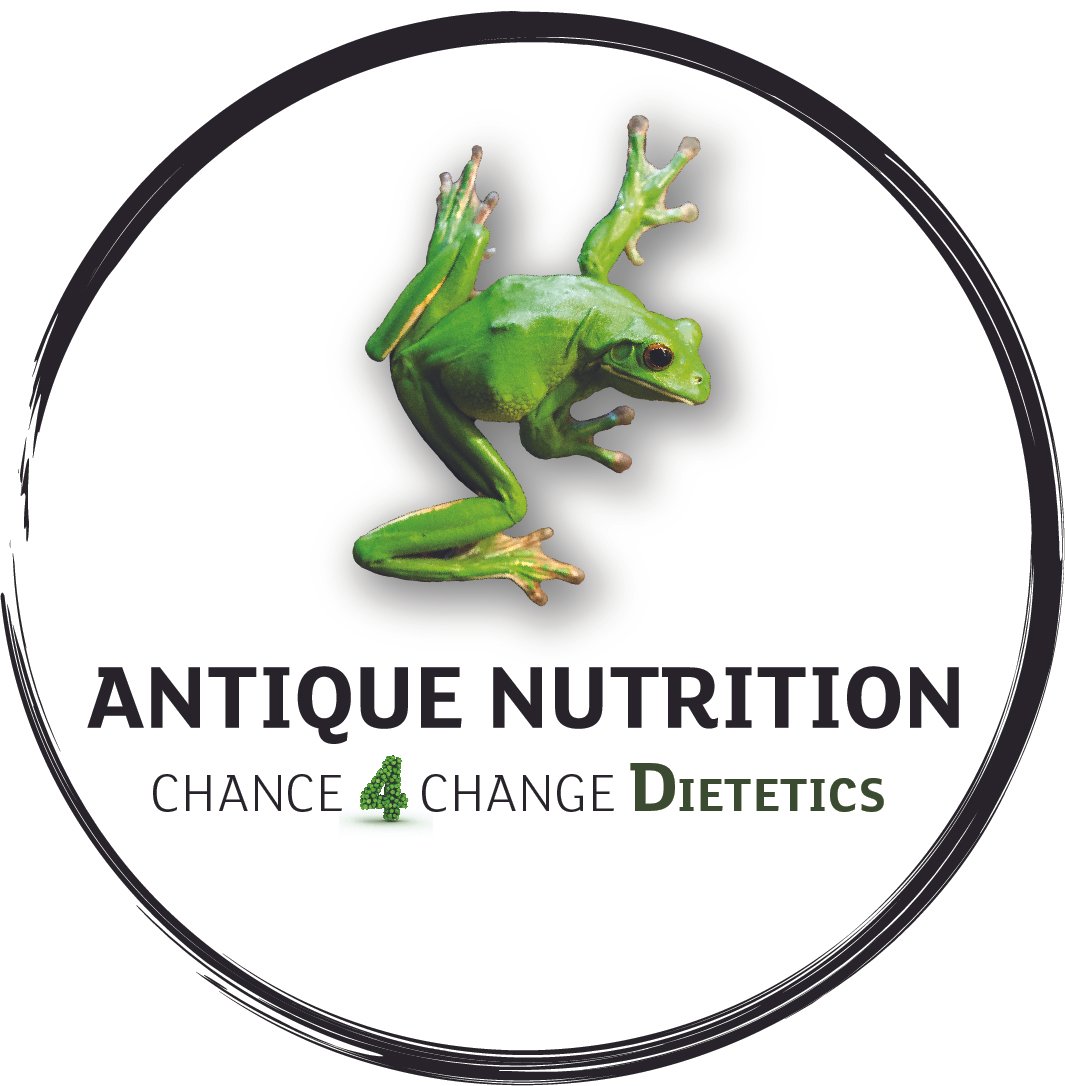Postnatal Nutrition Tips
As a Dietitian and new mum of my now ONE year old baby girl, I know first-hand how difficult it can be to prioritise your own health when caring for your children (and multi-tasking all the rest!!)
Nonetheless, nourishing your body with a variety of foods is important to support recovery both physically and mentally and for adequate milk production. As a Dietitian working in this space, I know the topic of weight loss can be a sensitive topic for many, yet supporting women to return to their pre-pregnancy weight by 6-12 months is associated with more favourable outcomes for future pregnancies and long term health (1). It is recommended we lose no more than 500g each week (no faster) in order to support appropriate recovery, healing and for healthy milk production (1). It can be difficult to navigate the fierce hunger pangs and cravings of sweeter foods whilst breastfeeding, but thats where I can help! Based on my professional and personal experience as a Dietitian and new mum who has continued to breastfeed for 12-months and still going, here are some ideas to help support your postpartum journey.
Eating a variety of whole foods and targeting key nutrients is important especially for breastfeeding mums. Our bodies have an increased demand for key nutrients, vitamins and minerals to not only replenish our individual stores but also to feed our growing baby with the milk we produce. Once your milk is established (anywhere from 5-14 days), the nutritional content stays fairly consistent, for example the carbohydrates, protein and fat rarely change regardless of the maternal diet, however, the stage of lactation (i.e., colostrum vs. mature milk) and maternal diet can influence some micronutrients within human breast milk (2 & 3).
Needless to say, supporting your health and energy levels (breastfeeding or not) as a mum is crucial.
To support healthy function and energy as a new mumma prioritise foods that will nourish you and your bubs mind & body.
Eat protein foods rich in iron to help your body with recovery and healing, to rebuild healthy tissues and cells, reduce the risk of aneamia in mums and to support infant growth in breastmilk if breastfeeding
Include whole grains, plenty of vegetables, salad, fruit, nuts and seeds for adequate dietary fibre to support a healthy gut and bowel movement (especially for women with vaginal delivery and or tears) and for beneficial antioxidants to fight cell stress and to promote a strong recovery and healing
Think about foods rich in choline (eggs, fatty fish, lean red meat, quinoa), especially for breastfeeding mums as it supports infant memory and brain development.
Ensure you’re having adequate iodine rich foods in your diet such as eggs, seafood, iodised table salt. Talk to your dietitian or health care provider to see if a supplement is warranted since the amounts recommended for breastfeeding women especially are hard to achieve from the diet alone. Iodine is especially important for baby’s brain development and maintaining a healthy thyroid for mum
Prioritise Omega-3 rich fats and Vitamin D such as oily fish including salmon or fortified eggs or plant based foods including chia seeds, walnuts & flaxseed providing anti-inflammatory properties to support babies brain development, bone health & to reduce the risk of postpartum depression & anxiety (4).
Stay hydrated especially if breastfeeding. Hydration needs are critical for sustained and improved energy, concentration, satiation and milk supply. Individual needs will vary based on the day, and a person’s activity demands. A helpful guide is making sure your urine is a pale yellow and or aiming for at least 2L.
As we’re recovering from birth, plus supporting the demands of a newborn (long days and sleepless nights), it’s really important that as parents we are prioritising protein, iron, slow releasing carbohydrate rich foods and hydrating well to support our body with appropriate long-lasting energy and repair our working bodies with the nutrients we need.
Plant based burger patty with lots of salad on a wholegrain roll
Ahh and when the appetite peaks and cravings come fast, I know how easy it is choose foods with empty calories that are higher in unwanted fats and sugars and whilst these are OK to have on occasions, they only leave you feeling empty and wanting more (its a vicious cycle!). Instead, focus on wholesome “bang for buck” snacks, that are not only tasty but nutritious and satisfying as well! I have a great cookie recipe that can be kept in an airtight container in the fridge for 4-5 days or kept frozen and thawed out - check it out here! Alternatively, see some ideas below to get you started! Remember, everyone’s individual energy requirements will vary highly depending on body size, age, activity level and how much you’re breastfeeding, however focusing on the above factors will help to prioritise & best balance your nutritional needs.
homemade hot chocolate with a piece of fruit or slice of wholegrain toast with ricotta cheese or hummus
wholemeal english muffin with natural peanut butter and ricotta cheese
chia pudding and chopped berries
homemade veggie loaded frittata or fritters using wholemeal flour
savoury mixed trail mix - roasted chickpeas, almonds, walnuts, craisin’s, popcorn, dark chocolate bits with a homemade fruit smoothie
For more personalised advice, contact or make an appointment with Aimee here.
Nutrition in the fourth trimester (post-partum) is a crucial time for mothers to really consider key nutrients to nourish their body appropriately. Don’t forget about you and your health. If this is you, or you’re due to have your baby soon and need some support in the postnatal stage, please contact me to find out how I can support your journey. I see mums face to face in my clinic or I offer telehealth appointments for ease and flexibility around your new and very unpredictable schedule (I get it!). Book here or contact Aimee today.
1) (Harrison CL, Teede H, Khan N, et al. Weight management across preconception, pregnancy, and postpartum: A systematic review and quality appraisal of international clinical practice guidelines. Obes Rev. 2021;22(10):e13310. doi:10.1111/obr.13310).
2) Kim SY, Yi DY. Components of human breast milk: from macronutrient to microbiome and microRNA. Clin Exp Pediatr. 2020;63(8):301-309. doi:10.3345/cep.2020.00059
3) Ballard O, Morrow AL. Human milk composition: nutrients and bioactive factors. Pediatr Clin North Am. 2013;60(1):49-74. doi:10.1016/j.pcl.2012.10.002
4) Hsu MC, Tung CY, Chen HE. Omega-3 polyunsaturated fatty acid supplementation in prevention and treatment of maternal depression: Putative mechanism and recommendation. J Affect Disord. 2018;238:47-61. doi:10.1016/j.jad.2018.05.018






